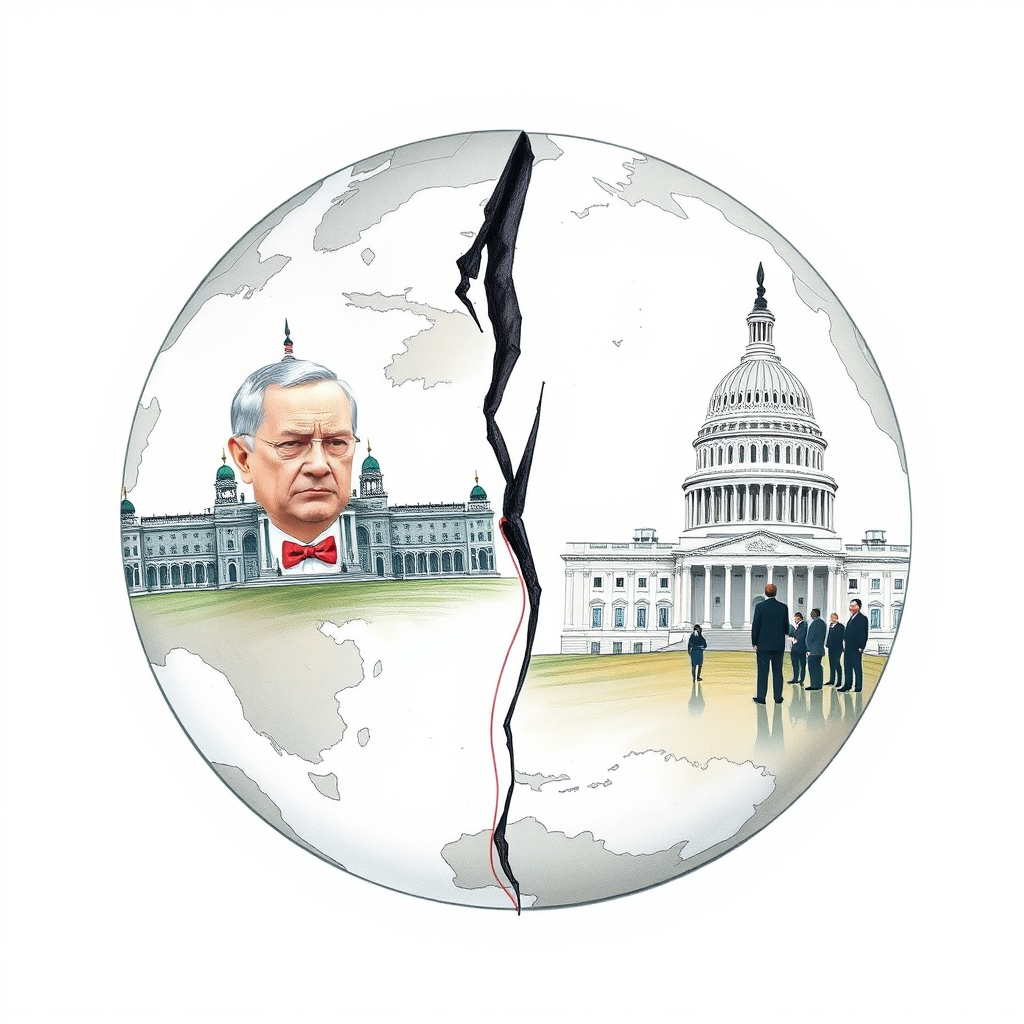Orbán’s Hungary Fuels American Right-Wing Ideals

Viktor Orbán, Hungary’s long-serving prime minister, has become a surprising figure of admiration for many U.S. conservatives. Often described as a precursor to the political style of Donald Trump, Orbán’s deliberate restructuring of Hungarian governance is drawing attention – and approval – from American right-wing thinkers and politicians. While lauded by some as a bold reformer successfully defending national sovereignty and traditional values, Orbán’s methods have simultaneously sparked significant international concern. Critics point to a systematic erosion of democratic checks and balances, including restrictions on media freedom, judicial independence, and the rights of non-governmental organizations. These actions have led to accusations of authoritarianism and the establishment of what some observers term a “dictatorship,” despite Orbán’s continued electoral success. The appeal for U.S. conservatives appears to stem from Orbán’s willingness to challenge liberal democratic norms and prioritize national interests, mirroring a growing sentiment within the American right. However, the implications of embracing a leader accused of undermining democratic principles remain a contentious issue, raising questions about the future of conservative ideology and its commitment to fundamental freedoms. The situation presents a complex paradox: a foreign leader inspiring a segment of the American right while simultaneously facing widespread condemnation for potentially dismantling democratic institutions within his own country.